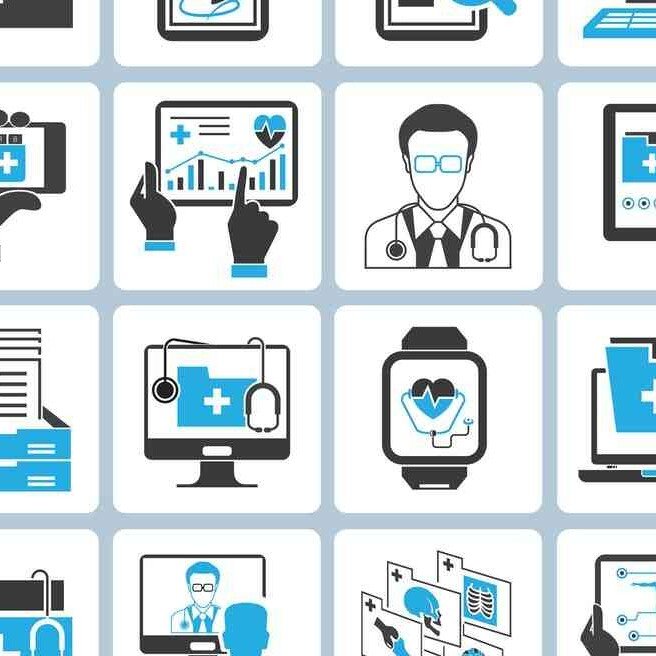Health data management
Also known as Health Information Management (HIM), health data management is the organization of health data in digital form.
This comprises the acquisition, entering, processing, coding, outputting, retrieving, and storing of data gathered in the different areas of health care.
Managing the large sums of available healthcare data allows organizations to create a wholesome view of patients, personalize their care and treatments, and enhance their health outcomes.
Health data management also embraces the validation and control of data according to legal or professional requirements.
Health data management systems are the central communication hub for all healthcare platforms and devices, including electronic health records, health applications, mHealth, IoMT, etc.
In this era of real-time health data acquisition, health providers can deliver better care with better access to patient’s health data, as patients can contribute data outside of in-person consultations.
The management of health data goes beyond organizing medical records, as it also includes integrating the data, enabling their analysis, and deriving insights from them.
All these data operations are to be performed while protecting the privacy of patients and ensuring the security of the data.
Benefits of managing health data
- Health data helps design better care strategies.
- Identify disease risk factors and speed up diagnosis.
- Assist doctors in achieving a first-visit diagnosis of patient illnesses.
- Predict outcomes and increase the effectiveness of treatments.
- Provides avenues for personalized medication and treatment plans.
- Allocate and utilize healthcare resources more efficiently.
- Prevention of diseases by identifying means of transmission.
- Detecting medication errors and potential adverse reactions.
- Provides providers with avenues to participate in clinical research.
- Constitute facts for disease documentation.
- Aid the strategies employed in public health.
Challenges in managing health data
- Health data is complex; it exists in different unstructured forms (text, audio, images, charts, and tables)
- There is poor interoperability; data is being collected through different platforms by different organizations, which are largely not compatible out of the box with others.
- They are often duplicated, and the same or similar patient information is collected and stored multiple times by the same organization.
- They are stored in different versions by collectors, including healthcare providers, insurance companies, public health organizations, pharmacies, etc.
- Health data inconsistency and complexities imply they cannot be easily processed and analyzed out of the box.
- The practice of medicine is progressive; terminologies, disease descriptions, and treatment plans often change. New treatments create new types of data.
- As health data exists in large quantities and grows to petabytes, organizations need a highly scalable, low-cost storage solution to house it.
- They are sensitive patient information, and hence, their collection, storage, and management must comply with numerous stringent government regulations.
- Health data is a target for cyberattacks and represents a major risk for organizations, as data breaches or losses would be detrimental to patient care.
- Poor data quality makes analysis difficult to perform, thereby limiting the usefulness and application of the data.
Obisesan Damola
Damola is a medical doctor who has worked in the Nigerian healthcare industry for a little over 3 years in a number of primary, secondary, and tertiary hospitals. He is interested in and writes about how technology is helping to shape the healthcare industry. He graduated from the College of Medicine, University of Ibadan, the foremost medical training institution in Nigeria.



